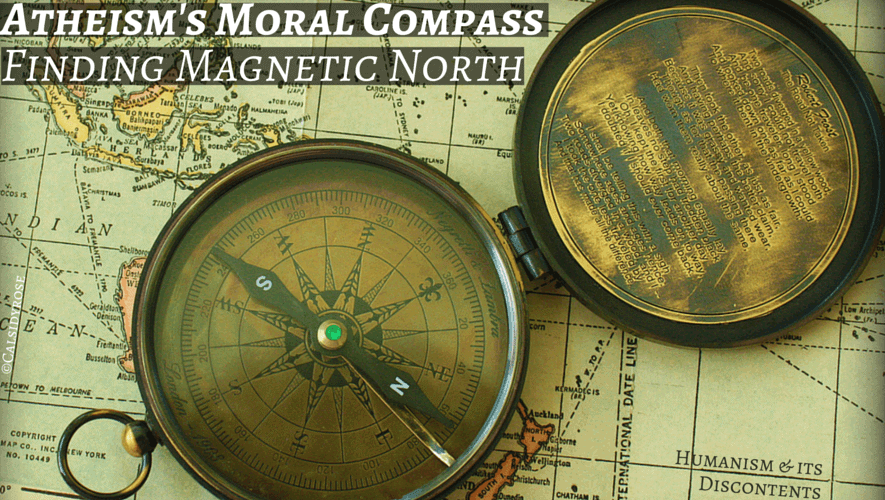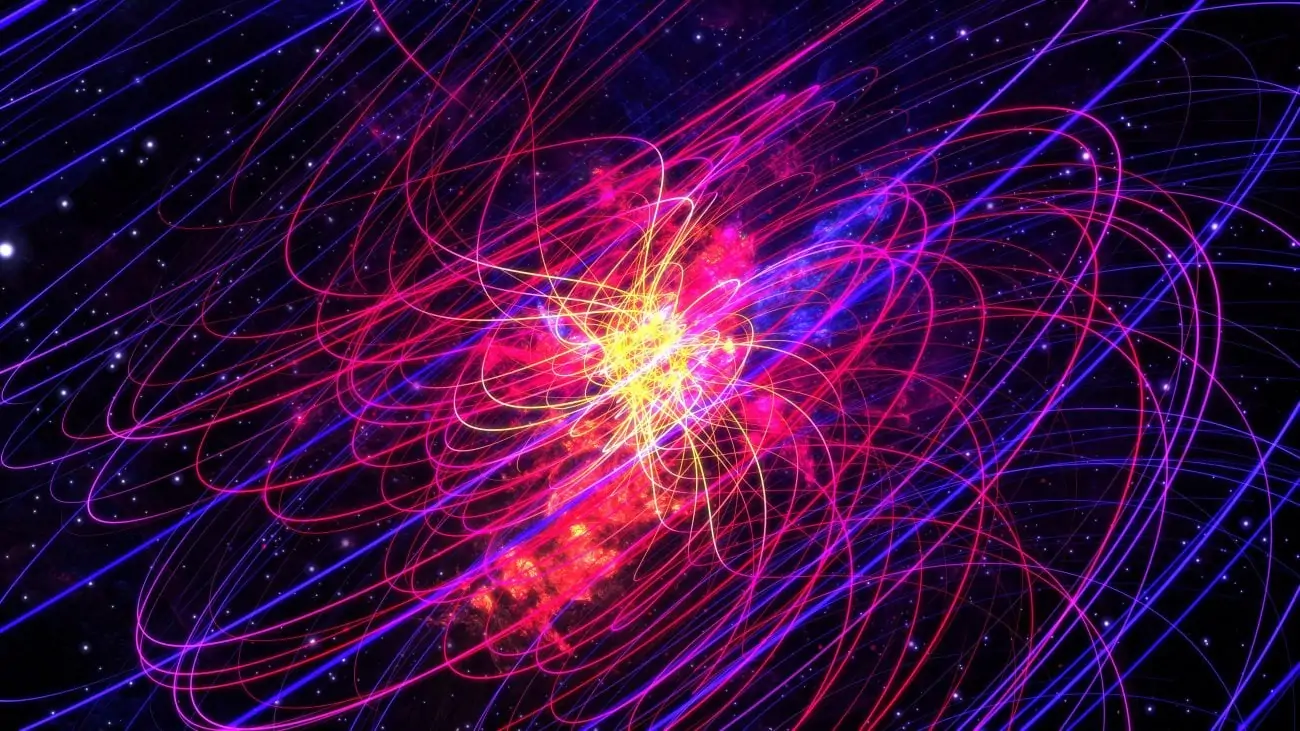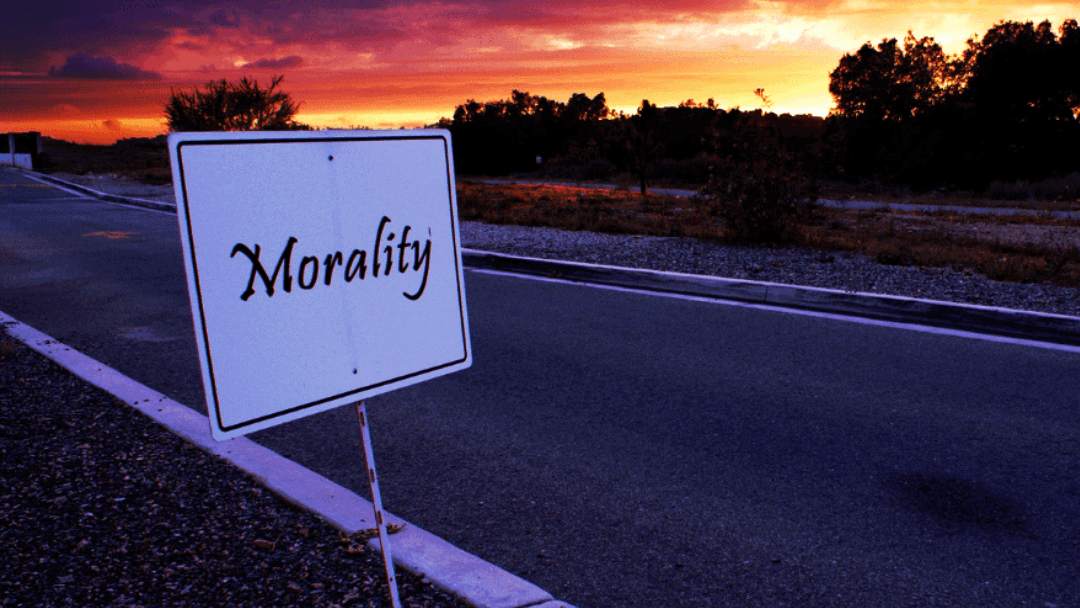With the recent controversy over whether Humanism should be taught in UK RE classes, this belief system is getting more attention than it’s ever done. We thought we’d help out the British Humanist Association with their policy of promoting critical thought around Humanism by publishing a series of posts examining whether Humanism makes, well… any sense at all. Last time we had a look at how Humanism doesn’t give any basis for thinking life is sacred, and this time we examine what atheistic morality really looks like…
~Humanism & its Discontents: Part 2~
We often hear from atheists and humanists that we don’t need moral guidance from on high because we all have an intrinsic sense of what’s right and wrong. Why complicate things with outdated texts that don’t keep up with modern life? What humanists are less forthcoming about however, is what right and wrong actually mean in an atheistic outlook.
So let’s think about it. What does it mean to say something is right or wrong? Well, the obvious question is: right and wrong in relation to what? These concepts don’t exist by themselves, rather they exist as two poles of the moral compass. But in what directions do these poles point? Where is magnetic north, the landmark to which our compass indicates, from which the south is repulsed? For an atheist, believing that there exists nothing greater than our accidental selves, we are lost on a barren moral landscape, one which stretches out endlessly in every direction, each coordinate equivalent to the last. If one lost traveller’s compass points him in one direction, then there he will go. But if another befuddled journeyer finds himself at criss-crosses with the first, which of them will be able to say that their north is the true north? After all, aren’t all compasses made equal?
Perhaps the first traveller bids goodbye to the other, and trudges on to find a conglomeration of navigators at one point. They tell him that so many people’s compasses have found themselves here, so this must be magnetic north. A persuasive argument the traveller thinks, and finds a place of rest nearby. As he surveys the landscape however, he notices that a part of the collective, who were so sure but moments ago that they had found magnetic north, drift off into another direction, citing the authority of their compasses as they do so. Soon others begin to follow, and the crowd splits, conglomerating over time into vastly different areas, each insisting each time that their north is the true north.
A crinkle furrows the traveller’s brow. He flicks open his compass thoughtfully. If different people’s compasses are leading them in different directions then there are only two options: either, the compasses of some are broken, whilst those of others are not; or there is in reality no true magnetic north. It would be impossible for him to tell apart these two possibilities, for the results of both would look the same. His heart was telling him that North must exist, for why else would he find the urge to follow the bidding of his compass so irresistibly strong? The careless south-going travellers must simply have broken their compasses. But equally, if the latter proposition, that there never is nor ever was a real magnetic north was true, then perhaps the whole affair was an illusion from the very beginning. Perhaps the direction of the needle is unfixed, seamlessly shifting with the passage of time, hoodwinking every new generation of moral voyagers.
Such is the dilemma of an atheist. Without any divine character to whose nature our moral compasses point, one immediately stumbles into questions of what is right and what is wrong. Are moral values like fads in fashion, in one season and out the other? If so, then they contain no moral content of any worth. In the scathing words of Socrates: A system of morality that is based on relative emotional values is a mere illusion, a thoroughly vulgar conception that has nothing sound in it and nothing true.
But if humanist morality is not entirely relative, and there are some things that we can safely say are right, and others which are wrong, then we can simply ask on what basis are such moral pronouncements so surely made? Whose authority is considered the authority on these issues? A deafening silence is sure to follow.
Some humanists will tacitly accept that there is no such thing as true right and wrong, but will seek to convince us that different moral paths can be equally viable, as long as they are followed for reasons other than religious scripture. Like a good boutique, humanism offers a wide range of different ethical systems for the discerning atheist to choose from, but only if one chooses it and doesn’t follow it unthinkingly. In doing so, humanism confuses the journey for the destination, telling us that the plush interior of the humanist limousine more than makes up for its punctured wheels, fuel-less engine, and decapitated driver. It is embarrassingly obvious that if divergent moral paths are equally valid, then they are equally meaningless.
All this points to an even deeper, even more uncomfortable truth about atheistic morality. If right and wrong are unfixed, spinning like a top carelessly flicked by chance and circumstance, then it follows that the very concept of morality is an illusion. This makes sense, given the precepts of atheism. After all, in a godless, accidental world, our moral urges can only be ascribed to unconscious forces embedding advantageous social constructs in our neural circuitry, the tenets of which are persuasive but ultimately artificial. As such, there is no such thing as right and wrong, good and evil. There is no underlying order, purpose, or moral imperative. Things simply are the way they are, and to disobey your moral urges is cause only for social recrimination. A nauseating philosophy indeed, but it is the only one that atheism can truly support.
As such, the endeavour of humanism becomes plainly self-defeating. In promoting atheism it weakens its own basis for prescribing morality, and by prescribing morality it highlights atheism’s inability to explain the universal sense of conscience found in man.
And that is perhaps the most perplexing point. If atheism’s precepts are true, then why do we have such a strong voice screaming inside us that morality is not an illusion, that some things truly are virtuous, and others truly wicked? If our conscience is correct, then there must be something that certain acts are right and wrong in relation to. A committed atheist, however, finds themselves in the unenviable position of being unable to say that there is an ultimate morality to which our moral sensibilities are attuned, and unwilling to say that there isn’t.
A harder rock, and a rockier hard-place, can scarcely be imagined.
Header image from Calsidyrose











5
4.5